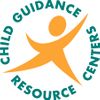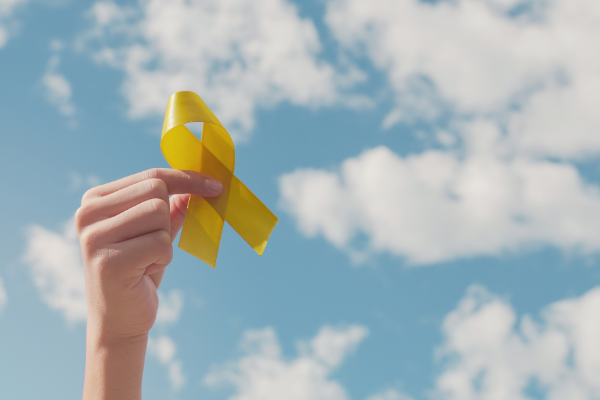By Danielle Young, LPC, Outpatient Supervisor
September is suicide awareness and prevention month. For those struggling with suicidal ideations, it is debilitating, exhausting, and overwhelming. There are a lot of misconceptions and misunderstandings about suicide, the warning signs, and what can be done. The good news is that suicide can be prevented; we need to know the warning signs and what to do if you are concerned about yourself or others. The steps you take can literally save your life or the life of someone close to you.
First, let’s take a look at some of the statistics: suicide is the 2nd leading cause of death in people ages 10-34 and about 44,000 Americans die by suicide each year. Additionally, 80% of teens who complete suicide typically show warning signs and individuals in the LGBTQIA+ community are 4x more likely to attempt suicide. Unfortunately, suicide attempts and deaths are not decreasing. While suicide is scary, knowing the warning signs are pertinent to prevention.
Some warning signs to look out for in yourself or others can include:
- Changes in mood; feelings of hopelessness, worry, anxiety, and worthlessness
- Changes in behaviors such as isolation, withdrawing (peers, family members, activities that one brought joy), sleep patterns (sleeping more than normal, easily fatigued, or being unable to get out of bed), peer supports/friend groups may change
- Increased talk about death and dying, researching or talking about ways to die
- Giving away items to friends or family members
- Having a difficult time talking about the future or have no future goals and plans
- Discussing emotional pain that is unbearable
If you are noticing these warning signs in yourself or in others, immediately seek help and support. Having suicidal ideations and being in a suicidal state can feel like it will never end, it can feel all consuming and hopeless. Survivors of suicide attempts often talk about the drastic shift in their mindset from their hopeless moments to now. It is not going to feel horrible forever. Therapy works and there IS hope even when it doesn’t feel this way.
Talking about suicide can feel uncomfortable at first or bring about your own fears, but when it comes to suicide being direct is best. Asking direct questions such as, “are you having thoughts about killing or harming yourself?” and “are you having thoughts of suicide?” and following up questions, such as “do you have a plan?” and “do you have intention of following through with your plan?”
At this moment, if you or someone else are experiencing suicidal thoughts with a plan and have intent, please call 911 or drive to your local hospital for immediately support and intervention. Early intervention is critical and makes the difference between life and death.
If you are a caregiver and are noticing these or other warning signs, ask your child, calmly, if they are having thoughts about killing themselves (you can use the script above) then actively listen to their response. Always take suicidal ideations serious. Even if you think your child is being dramatic, attention seeking, wouldn’t “actually” do anything, it’s important to seek professional support. If the child is already connected to mental health services contact your counselor/clinician for guidance and support. If you are not connected to mental health services, seek out a service provider. Another good resource that is available 24/7 is the National Suicide Hotline: 800-273-8255.
Talking about suicide, understanding the risk factors/ warning signs, and knowing what to do when you see them are the keys to decreasing deaths by suicide and suicide attempts.. It can be so hard to see the light, but it’s always there, you just may need help finding it. You are worth it.

